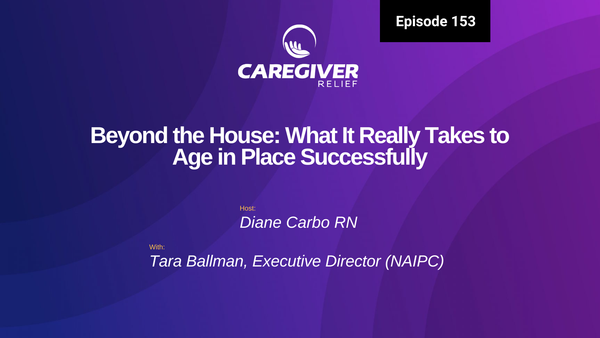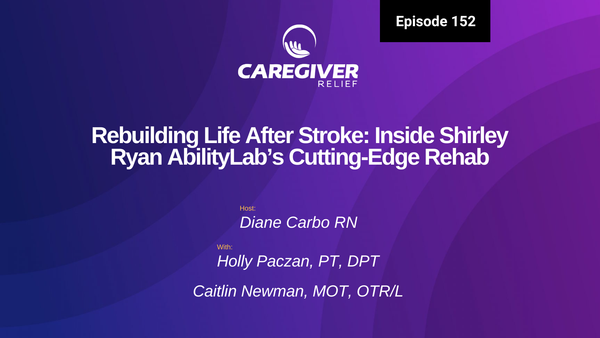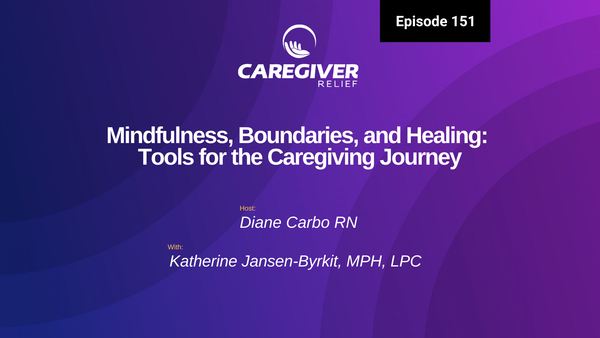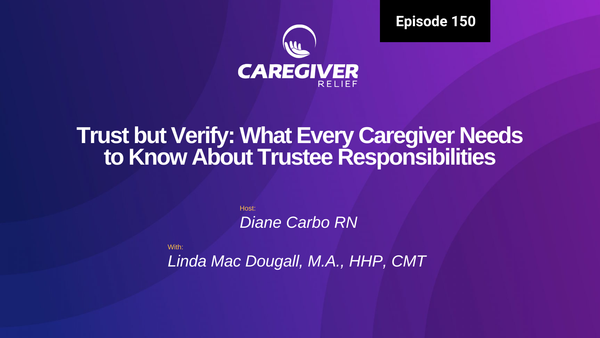Understanding Stage 3 Alzheimer's Disease: A Comprehensive Guide
Explore Stage Three Alzheimer's Disease, where mild cognitive impairment begins impacting daily life. Learn about symptoms, progression, and the vital role of family support. Gain insights into managing the disease with resources from the Alzheimer's Association and other support networks.

Alzheimer's disease, a progressive neurological disorder that leads to the shrinkage of the brain (atrophy) and the death of brain cells, is the most common cause of dementia—a continuous decline in thinking, behavioral, and social skills that disrupts a person’s ability to function independently. The journey through Alzheimer's comprises several stages, from preclinical Alzheimer's disease to severe dementia in its final stage. This article focuses on Stage Three Alzheimer's, often characterized by mild cognitive impairment (MCI) that begins to interfere with daily activities and independence, marking a crucial point in the disease’s progression.
Alzheimer's Disease: An Overview
Before delving into Stage Three, it's essential to understand the broader context of Alzheimer's disease. Alzheimer's is not a part of normal aging but is a condition that worsens over time, affecting memory, language, decision-making abilities, and the ability to perform simple tasks. The disease is divided into clinical stages, from preclinical Alzheimer's, where symptoms are not yet noticeable, through mild and moderate stages, to severe Alzheimer's disease, which significantly impairs a person's ability to communicate and care for themselves.
Preclinical Alzheimer's Disease and Early Stage Alzheimer's
The journey through Alzheimer's begins with the preclinical stage, where changes in the brain associated with Alzheimer's start occurring long before any noticeable symptoms develop. This stage is followed by early-stage Alzheimer's, also known as mild Alzheimer's disease, where individuals may experience memory lapses and other mild symptoms, but they can still manage independently in many aspects of their daily life.
The path of Alzheimer's disease is a complex and multifaceted one, commencing long before the manifestation of any discernible symptoms, during what is known as the preclinical stage of Alzheimer's disease. During this early, silent phase, pathological changes are already underway within the brain, including the accumulation of amyloid-beta plaques and tau tangles, hallmark indicators of Alzheimer's. However, these changes do not yet impact an individual's daily functioning or cognitive abilities, making the condition challenging to detect without sophisticated imaging technologies or biomarker tests.
What is Mild Dementia? The Early Stages of Alzheimer's Disease
As the disease progresses, individuals enter the early stages of Alzheimer's, often referred to as mild Alzheimer's disease or mild cognitive impairment (MCI) due to Alzheimer's. This phase marks a critical transition from the invisible changes of the preclinical stage to the onset of noticeable symptoms that slightly interfere with daily activities and cognitive functions. Memory lapses become more frequent during this stage, particularly with recent events or in recalling personal history, signaling the beginning of cognitive decline. Despite these memory challenges, individuals in the early stage of Alzheimer's typically retain the ability to perform most daily tasks and maintain their independence, albeit with some difficulties.
It's crucial for family members and close friends to be vigilant for signs of cognitive decline during this stage. Early detection and diagnosis can open the door to interventions that may slow the progression of symptoms and improve quality of life. Engaging with support groups, provided by organizations like the Alzheimer's Association and the National Institute on Aging, can be an invaluable resource for both individuals with Alzheimer's and their caregivers. These groups offer education, support, and practical advice on navigating the challenges of the disease, from managing daily tasks to making important decisions about care.

The Importance of Understanding Early Stage Alzheimer Disease
Understanding the stages of Alzheimer disease, from the preclinical stage through to mild cognitive impairment and beyond, is vital for anyone affected by or at risk of Alzheimer's. This knowledge can help in recognizing the signs of disease progression, accessing support, and planning for the future. As Alzheimer's progresses from mild cognitive impairment to moderate and severe stages, characterized by significant memory loss, severe cognitive decline, and decreased physical abilities, the need for comprehensive care and support becomes even more critical.
The journey through Alzheimer's disease underscores the importance of early detection, ongoing support, and the active involvement of family members in care strategies. By recognizing the early signs of Alzheimer's, such as memory lapses and cognitive decline, and understanding the progression from the preclinical stage to mild Alzheimer's disease, individuals and their families can better navigate the challenges ahead with resilience and informed care choices.
The Transition to Stage Three: Mild Cognitive Impairment
As the disease progresses, individuals transition into Stage Three, marked by mild cognitive impairment (MCI) due to Alzheimer's disease. During this stage, memory problems become more pronounced, and cognitive decline begins to interfere with daily tasks and social interactions. Symptoms may include noticeable problems recalling recent events or conversations, difficulty performing complex tasks or solving problems, and increased forgetfulness of personal history and information. Memory loss may observed by close family members, as they observe their loved one performing daily tasks.
Symptoms Develop and Impact Daily Life
In Stage Three, symptoms that were once subtle become more noticeable and begin to affect daily life. Family members and close friends may observe increased forgetfulness, confusion about major events, and difficulty choosing proper clothing for the occasion or season. Behavioral and personality changes may also become evident, reflecting the disease's impact on mental function.
The Role of Family Members and Support Groups
As symptoms develop, the support from family members and involvement in support groups become crucial for both the individual experiencing the disease and their caregivers. Education about the disease, practical support for daily tasks, and emotional support are vital during this stage. The Alzheimer's Association and other organizations offer resources, support groups, and guidance for navigating the challenges of Stage Three Alzheimer's.
Disease Progression: From Mild to Moderate Alzheimer's Disease
Stage Three Alzheimer's is a pivotal point in the disease’s trajectory, as cognitive decline starts to significantly interfere with the ability to perform daily tasks independently. This stage serves as a transition from mild cognitive impairment to moderate Alzheimer's disease, where symptoms of cognitive decline are more severe, and assistance with daily activities becomes necessary.
Understanding the Seven Stages of Alzheimer's Disease
The progression from the first symptoms to the final stage of Alzheimer's can be categorized into seven stages, based on the Global Deterioration Scale. Stage Three represents the early phase of clinical Alzheimer's disease, where mild symptoms are noticeable. As the disease progresses to the middle stage, then to severe dementia, the ability to communicate, recognize loved ones, and care for oneself declines drastically.

The Importance of Early Detection and Support
Early detection of Alzheimer's disease, particularly during the mild cognitive impairment stage, is crucial for managing the condition. While there is no cure for Alzheimer's, early intervention can help slow the progression of symptoms. Lifestyle changes, such as regular exercise, a healthy diet, and cognitive stimulation, along with medication, can help manage symptoms and improve quality of life.
Support Networks and Resources
For those navigating the journey of Stage Three Alzheimer's, support networks and resources provided by organizations like the National Institute on Aging and the Alzheimer's Association are invaluable. These organizations offer educational materials, support groups, and guidance on planning for the future and living well with Alzheimer's.
Navigating Stage Three Alzheimer's with Care and Support
Stage Three Alzheimer's marks a significant point in the progression of Alzheimer's disease, where mild cognitive impairment begins to have a noticeable impact on daily life. Understanding the symptoms, seeking support, and accessing available resources can help individuals and their families navigate this challenging stage. While the journey through Alzheimer's disease is unique for each person, knowledge, and support from family members, healthcare providers, and community resources can provide much-needed assistance and guidance.
FAQ Navigating Stage Three Alzheimer's Disease
What is Stage Three Alzheimer's Disease?
Stage Three Alzheimer's, often referred to as mild cognitive impairment (MCI) due to Alzheimer's, is a phase where individuals start to experience noticeable memory lapses and cognitive decline that can impact daily life. Symptoms might include difficulty remembering recent events, challenges in planning or solving problems, and noticeable changes in social or work performance.
How does Alzheimer's disease progress after the preclinical stage?
After the preclinical stage, where changes in the brain occur without noticeable symptoms, Alzheimer's disease progresses to mild cognitive impairment (MCI), followed by mild, moderate, and severe stages of Alzheimer's. The progression involves worsening memory loss, cognitive decline, and difficulty in performing daily tasks.
Can family members help in managing Alzheimer's Disease?
Yes, family members play a crucial role in managing Alzheimer's disease. Their support is vital in recognizing early symptoms, seeking diagnosis and treatment, providing daily care, and ensuring the individual's safety and well-being. Engaging with support groups and educational resources can also provide family members with the tools and knowledge needed for caregiving.
What are the typical symptoms of mild dementia due to Alzheimer's?
Symptoms of mild dementia may include memory loss that affects daily activities, challenges in planning or solving problems, confusion with time or place, trouble understanding visual images and spatial relationships, and changes in mood or personality.
How do the stages of Alzheimer's disease affect daily life and physical abilities?
As Alzheimer's progresses through its stages, the impact on daily life and physical abilities becomes more pronounced. Tasks that were once simple, such as dressing, bathing, and eating, can become challenging. Mobility may decrease, and individuals may require assistance with most or all daily activities.
What resources does the Alzheimer's Association provide for managing Alzheimer's disease?
The Alzheimer's Association offers a wide range of resources, including educational materials, support groups, a 24/7 helpline, care and support programs, and guidance on living with Alzheimer's and caregiving. They also provide information on the latest research and treatment options.
What is the Global Deterioration Scale, and how is it related to Alzheimer's stages?
The Global Deterioration Scale (GDS), also known as the Reisberg Scale, is a tool used to assess the severity of cognitive decline in Alzheimer's disease. It ranges from 1 (no cognitive decline) to 7 (very severe cognitive decline) and helps in understanding where an individual falls within the progression of Alzheimer's.
What lifestyle changes can help manage symptoms of Alzheimer's disease?
Lifestyle changes that may help manage symptoms include engaging in regular physical exercise, maintaining a healthy diet, staying socially active, engaging in cognitive stimulation activities, and creating a safe and structured environment to reduce confusion and falls.
Can genetic testing predict Alzheimer's disease?
Genetic testing can identify the presence of certain genetic markers associated with an increased risk of developing Alzheimer's disease. However, it cannot predict with certainty who will develop the disease. It's best used under the guidance of genetic counselors or medical professionals.
How does Alzheimer's disease affect life expectancy?
The impact of Alzheimer's on life expectancy can vary widely among individuals, depending on the age of onset, overall physical health, and the presence of other medical conditions. On average, individuals live 4 to 8 years after their symptoms become noticeable to others, but some may live as long as 20 years.
What are the diagnostic criteria for Alzheimer's disease?
The diagnostic criteria for Alzheimer's disease include a detailed medical history, physical and neurological exams, mental status tests, and, in some cases, brain imaging tests. These criteria aim to rule out other causes of dementia and assess the pattern and progression of cognitive decline.
How important is personal care for someone with Alzheimer's disease?
Personal care becomes increasingly important as Alzheimer's disease progresses. Assistance with basic tasks such as bathing, dressing, and eating is often necessary. Maintaining personal hygiene and comfort can also help improve the quality of life for individuals with Alzheimer's.





